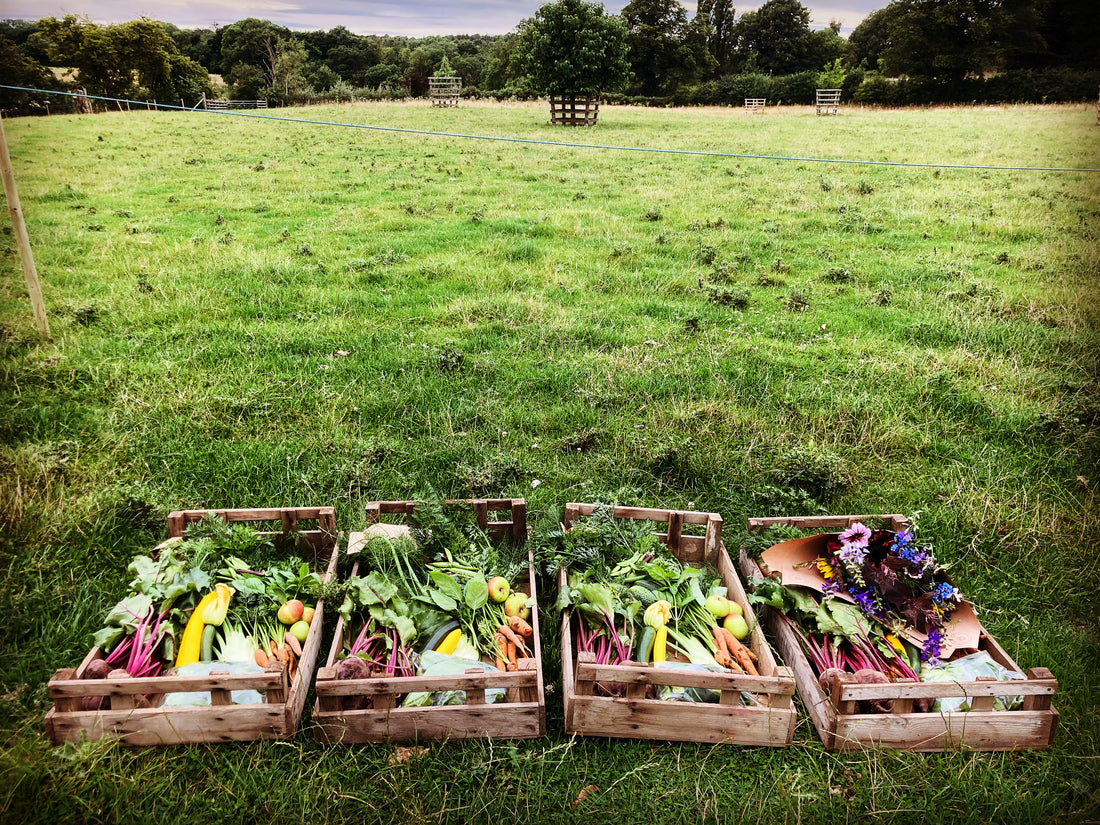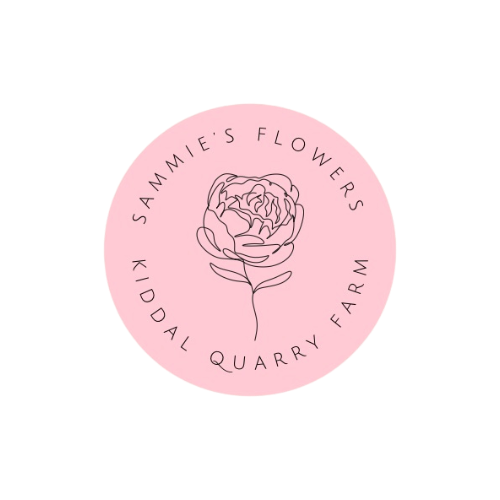
The vegetarian farmer - March 2022
Share
We are all caught between the world as it is and the world as we wish it to be. Over the course of my 20s, I became increasingly concerned with the climate emergency, and increasingly aware of the impact of animal agriculture on ecosystem destruction and carbon emissions. I was coming from a place of concern for animal welfare but as a lifelong meat eater, having grown up on a livestock farm, it was a long slow process of investigation and acceptance. But the intellectual and emotional arguments that finally landed me at veganism have started to unravel. The more I learn, the more complex the issue becomes.
I am personally no longer comfortable taking a life for my meal. That has not changed. I also believe that, given the very high rates of meat eating here in the UK and around the world, it is still an environmental imperative that we reduce our reliance on animal food products and I am happy to be one less person putting that unnecessary pressure on the planet. But my family business is livestock farming. It is what my Dad has always done. And his Dad before him. Rearing and selling sheep and cows is how we make a living. Those sheep and cows will end up as someone else’s meal, whether I abstain or not. How do I reconcile the conflict?
I inhabit the grey area between what is and what should be, living in the messy and complicated reality that all of us live in, whether we acknowledge it or not. Trying within the confines of the present system to create something better. Acknowledging and understanding both sides of the divide by inhabiting both sides of the divide. Growing vegetables and flowers, caring for the local environment and living largely from the slim profits of small scale animal agriculture as we slowly try to diversify within the confines of the rules that dictate how we use our land.
Because what would we do with our hilly green fields of permanent pasture if the animals were gone? And where would we be as a nation, as a planet, without grassland, and without the animals to graze it? Grassland is an enormous carbon store and a valuable ecosystem in its own right, providing essential habitat for plants and invertebrates, and grazing animals cycle carbon back into the soil in a way that crops generally do not. And we cannot eat grass. If we just grew plants on the fertile flat land and left the rest to its own devices would we have enough food to feed the world? Can we regenerate that cultivated land entirely without animal inputs? Maybe. I do not know. I just know that having animals in a regenerative system does work.
So despite the clear evidence that reducing global meat consumption would benefit the climate, food security and human health, it is not a no-brainer. And we are a long way from zero animal agriculture. There are billions of animals reared for meat globally and the vast majority of them are fed with grain and raised in horrendous conditions. The farm animals that are fed cereals are directly competing with humans for plant calories and these animals are not returning carbon to the soil through grazing, a double negative impact. These are the animals that we should be excluding from the food system as a priority, for the benefit of the animals themselves and the planet. In my eyes, the 200 sheep and 30 cattle with which we manage our land are very far from the negative impact priority list.
But if the farm were mine alone would I still farm this way? No, I don’t suppose I would. But gosh, I would miss those animals. And they would miss out on a good life as I see it. Is a year of life worth living for? I don’t have the answers and I’ll admit that I’m half pleased that I don’t yet have to resolve the conflict between wanting animals on the farm and not wanting them dead. Although there is a whole world of difference between our farm and a cattle feedlot, or a battery chicken farm, or an industrial pig facility, there is one unavoidable similarity; animal life ends in animal death. But so does all life. The big difference is, we get to play God, and that doesn’t sit well with me.
